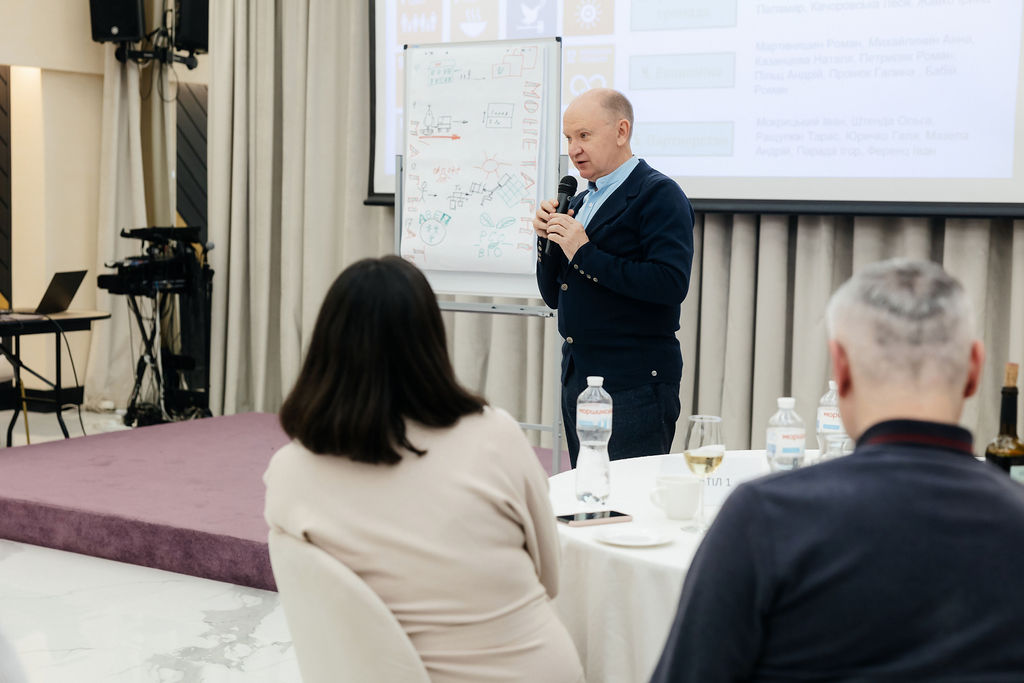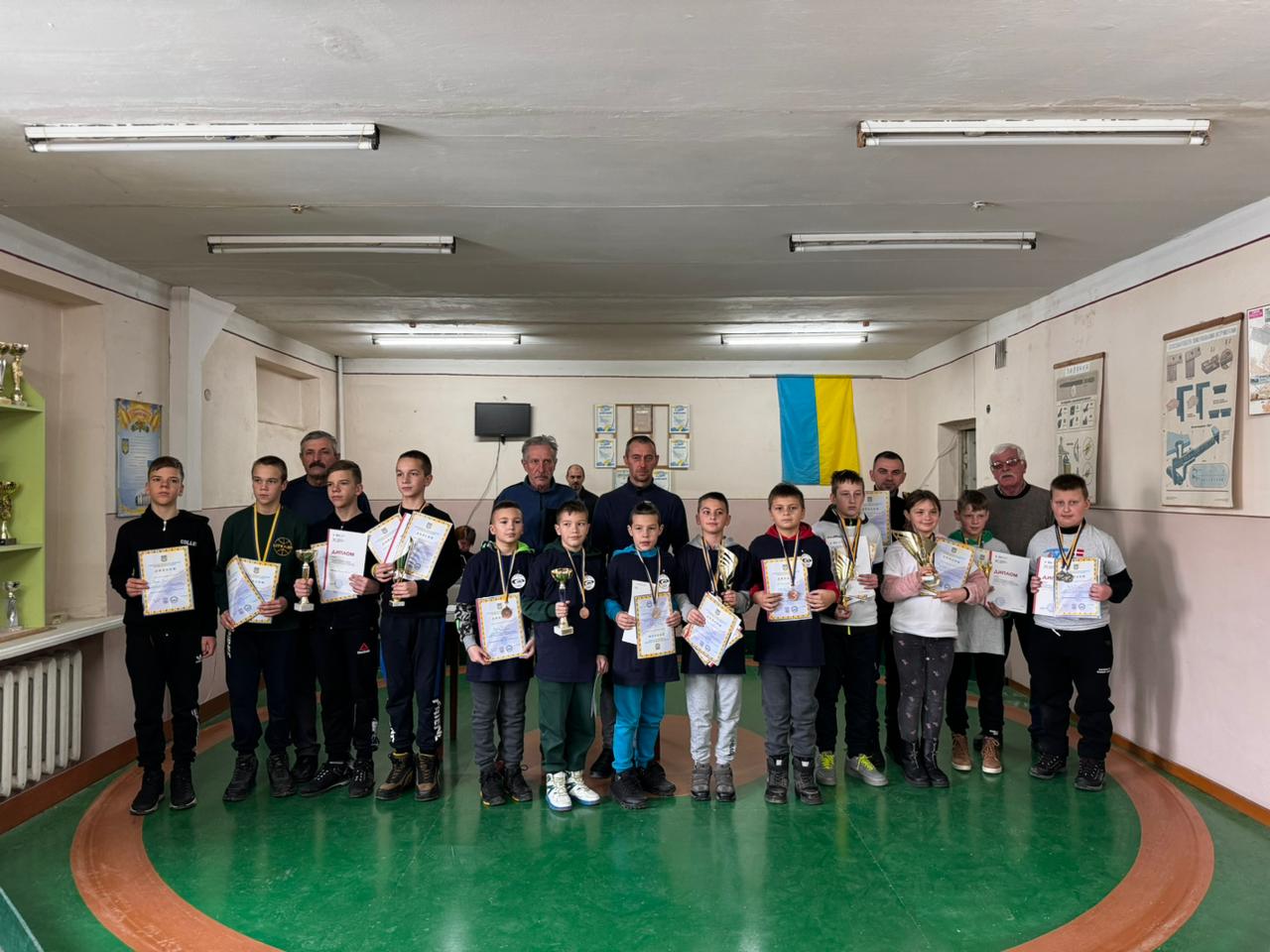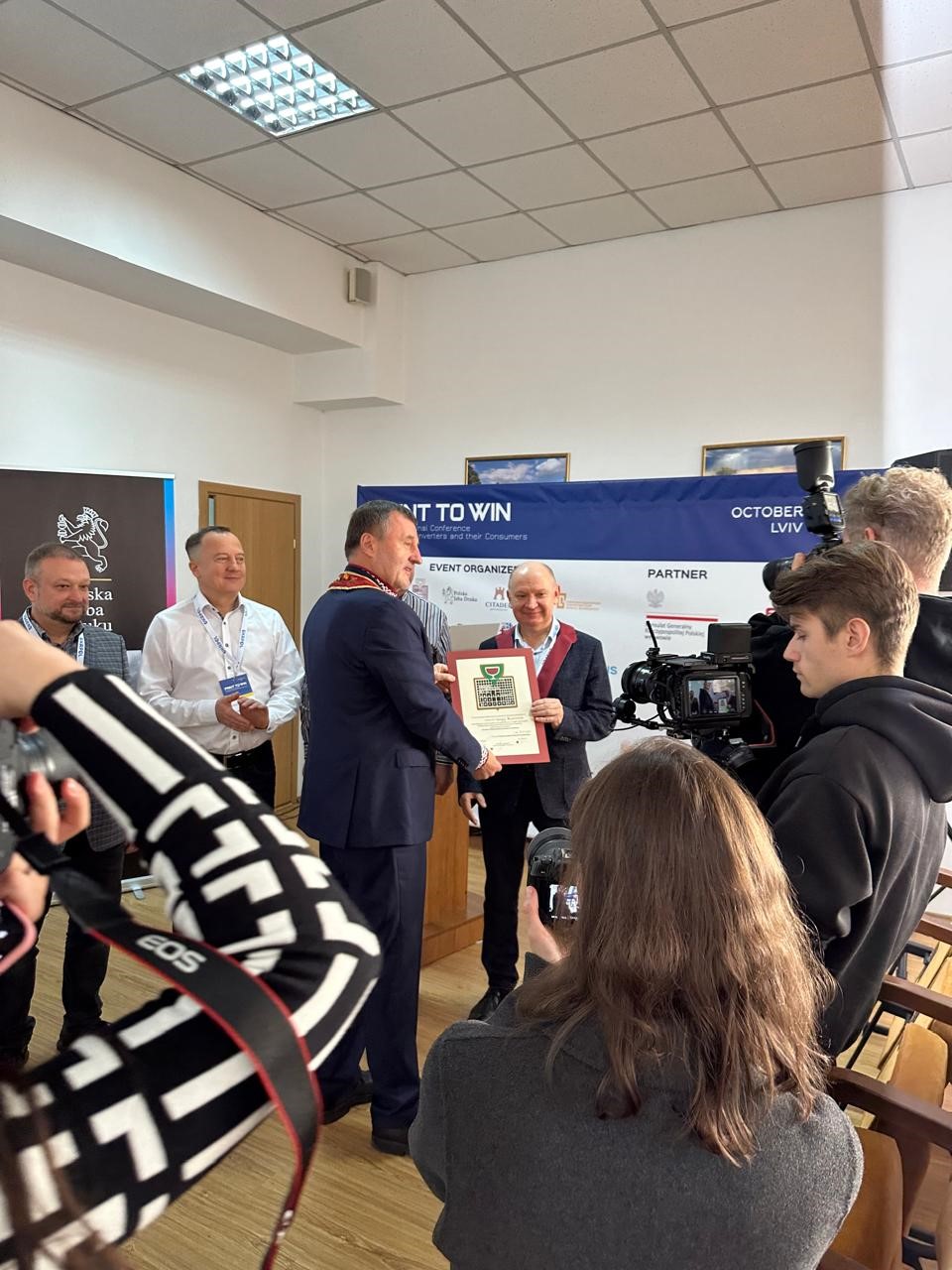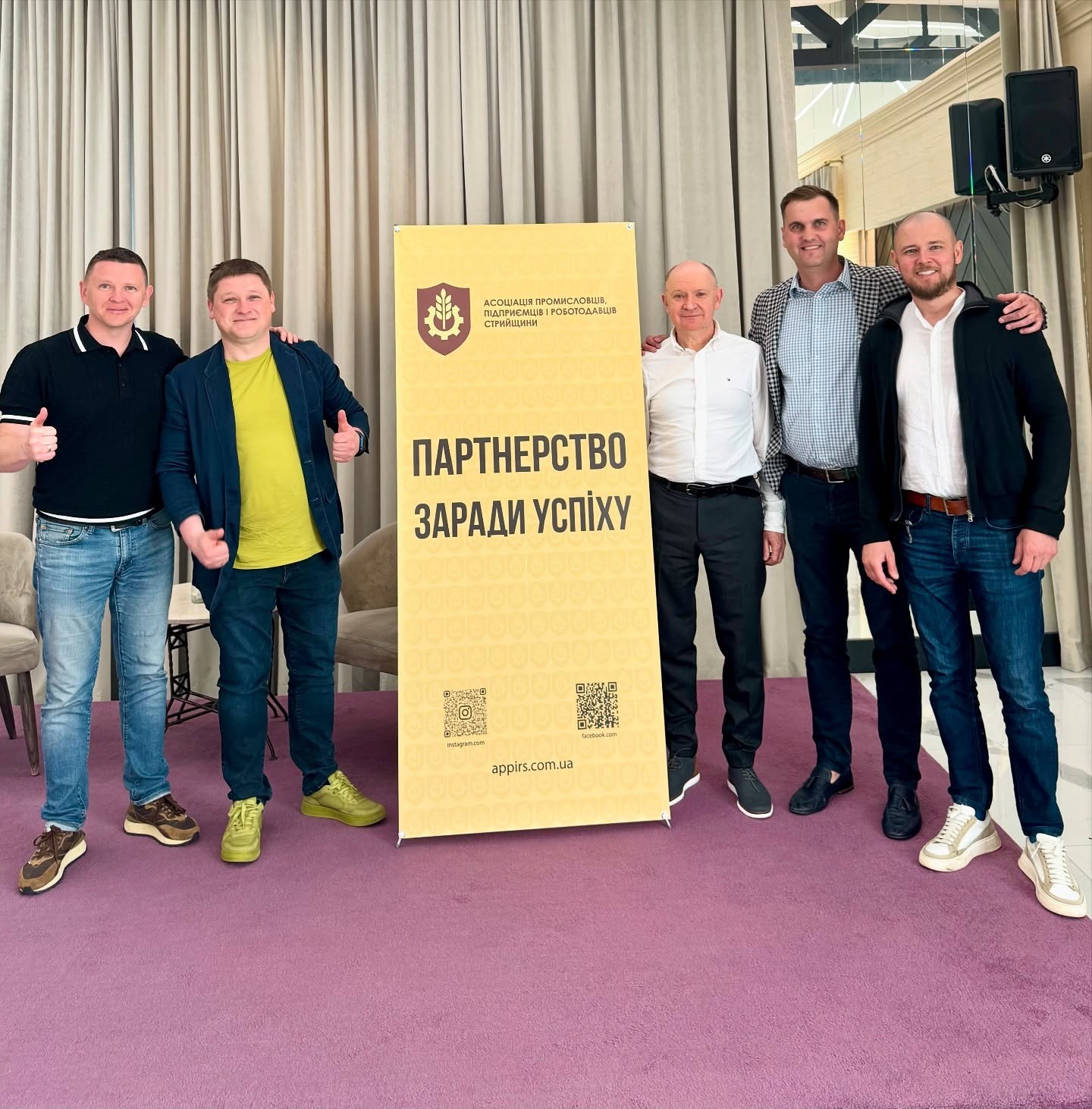
"Ukrpol prints everything from postcards and books to packaging for medicines and food. Their products can be found, for example, in Czech supermarkets Albert or in Ukrainian McDonald's. However, the plant's operations have also been affected by Russian aggression over the past year and a half. The company is struggling with a drop in sales or the withdrawal of employees to the frontline. However, it is not giving up and is even planning new deals with partners from Western countries, including the Czech Republic.
"The crisis will show who is really the best," says Serhiy Kovalchuk, founder and CEO of Ukrposhta, as he takes us through the production process at his plant. "I think that investors who are not afraid to come to Ukraine today will be the biggest winners in the coming years, because they will have a huge head start over their competitors," Kovalchuk adds, eagerly answering our questions.
- You are a physicist by profession. How did you come to run the largest printing company in Ukraine?
- After the collapse of the Soviet Union in the early 1990s, it was very difficult for scientists in our country. We received meagre salaries, so many of us started looking for other ways to earn money. Then I noticed that there was a great demand for printing various official documents in Ukraine, because many people started bringing goods here from abroad. Digital communication was not very widespread at that time, and paper was needed for everything. So in 1997, I founded Ukrpol. At first, I had only five people working for me and we printed on a small printing press, which, by the way, was made in the Czech Republic. Over time, we began to expand our production to include books, magazines, leaflets, food packaging, etc., until we grew into a company with six hundred employees.
- But then the Russian invasion began. How did you cope with it at Ukrpol?
- The war brought us, like everyone else in Ukraine, a lot of problems. Our sales dropped by thirty per cent. But several factors helped us survive. First of all, we produce everyday items. People are forced to buy medicines and food even in the economic crisis. Our factory is located in the western part of the country, where there is no fighting, and most importantly, we export a quarter of our products to the European Union. Some of our customers in the West stopped communicating with us at the beginning of the invasion. They were probably afraid that in a few days Ukraine would cease to exist and they would lose money. Later, however, the situation improved, and now we are increasing our exports to the European Union.
- What is your biggest concern at the moment?
- We are praying that a missile does not hit our plant. Otherwise, the biggest risk is obviously a significant reduction in the workforce. Many people fled abroad or were drafted into the army. If the war lasts for many years, which is quite likely, it will be harder and harder to find workers, especially men. So now we are training all employees for different positions so that anyone can replace anyone in an emergency.


